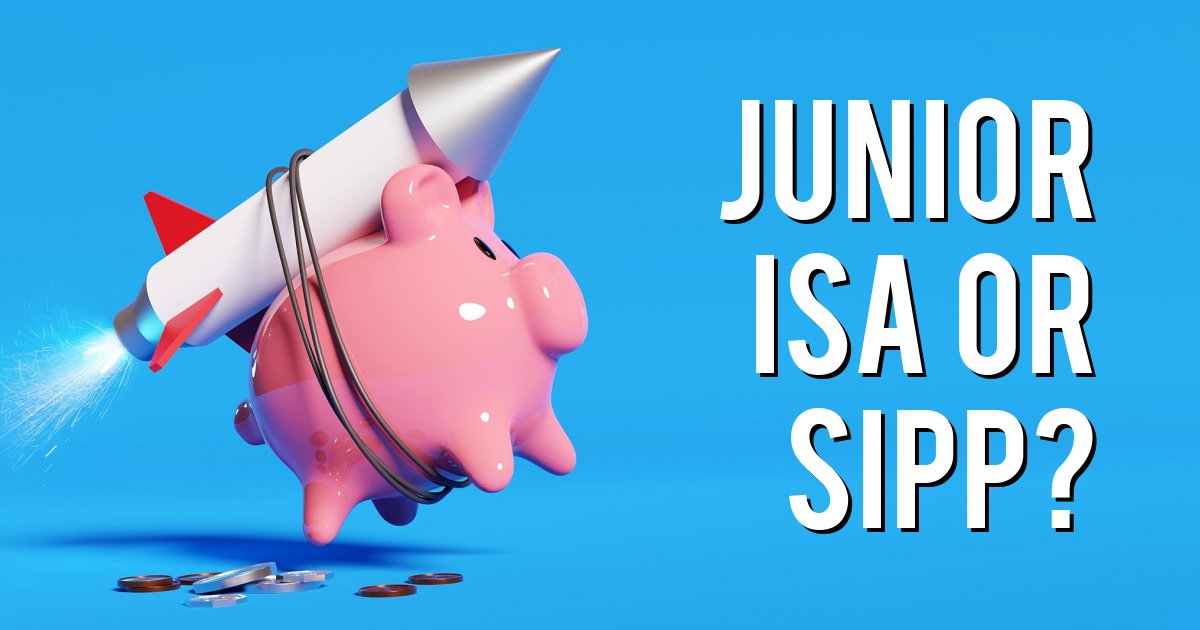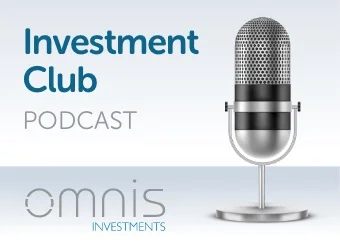Junior ISAs and SIPPs - Helping your children save for the future
Tuesday 28 February, 2023
The end of the tax year can provide an ideal opportunity for parents to provide a tax efficient tool to help save for their children’s future.
Junior ISAs and Junior Self-Invested Personal Pensions (SIPPs) are a popular investment that parents choose for their children.
Parents often have questions regarding Junior ISAs and Junior SIPPs and which would be the most fitting for their circumstances.
Tracy Dove, Financial Adviser and Mortgage Broker in Laindon, Basildon and Exeter explains these popular investment options for year-end tax efficient investments.
What is a Junior ISA?
A Junior ISA provides an investment opportunity for children under 18. It is a very tax efficient savings account, as any returns made do not attract any UK income and capital gains taxes.
Parents or legal guardians can open a Junior ISA, either as a cash or stock ISA, for their children, with family and friends able to contribute as well.
The child will be able to have access to their money when they reach the age of 18. The funds gained over the years of investments can be used for a multitude of reasons including paying for their university fees, providing a deposit on their first home or even a new car.
What is a Junior SIPP?
A Junior SIPP provides a long-term investment option for parents to help with their child’s future. A parent or legal guardian often oversees the SIPP account, and carries out the investment decisions until their child reaches the age of 18.
Similar to a Junior ISA, it is possible for others to contribute to the investment. For example, it is permitted for a family member, such as a grandparent, to contribute if they would also like to provide funds for their grandchildren’s future.
What is the difference between a Junior ISA and a Junior SIPP?
There are a few differences between Junior ISAs and Junior SIPPs that are worth noting before opening the investment.
Firstly, the tax implications are different. With a Junior ISA the contributions are not seen as tax deductible, however there is no tax for the child to pay on any gains made.
Whereas, with Junior SIPPs there are some tax benefits received. There will be some pension tax relief on the contributions you make to your child’s pension. This comes in the form of the government automatically adding 20% in pension tax relief.
The maximum contributions that are allowed to be paid in to the Junior SIPP is normally up to £2,880 per tax year. In addition, the government provide up to £720 or 20%, on top.
Another important factor to consider when choosing between these two investments is your overall objective for the money. Do you want to provide your child with a financial boost at the age of 18 or are you looking to make life more comfortable in their retirement?
With this in mind, Junior ISAs are accessible at 18 years old whereas Junior SIPPs are not accessible until 55 years old.
How much would a Junior ISA be worth?
As with all investments, there are a range of factors that will impact how much it goes up, or indeed if the investment goes down.
The following figures are an example of how a Junior ISA can work, but for an up-to-date and detailed assessment of the latest figure, please contact one of our team.
|
Starting |
Annual |
Total |
Expected |
Final |
|
£0 |
£1,000 |
£18,000 |
2% |
£19,241 |
|
£0 |
£1,000 |
£18,000 |
5% |
£25,435 |
|
£0 |
£1,000 |
£18,000 |
8% |
£34,076 |
How much would a Junior SIPP be worth?
Junior SIPPs work over a significantly longer time frame and therefore the calculations will change.
As with the previous Junior ISA example, the investments can go up or down. Therefore, discussing the option with our financial advisers is highly recommended.
This illustrates an investment from 0 – 18 Years old
|
Starting |
Monthly |
Total |
Expected |
Final |
|
£0 |
£150 |
£32,400 |
5% |
£47,000 |
However, as the funds will not be accessible at 18 years, additional calculations and assumptions are required to determine the potential final value.
Working on a scenario that no further contributions were made after reaching the age of 18 and factoring in a 1% annual charge, the Junior SIPP could have grown to over £290,000 by age 65.
Tracy Dove, Financial Adviser and Mortgage Broker in Basildon and Exeter said:
“With the end of this current tax year rapidly approaching, we are advising anyone looking to make tax efficient investments to act quickly.”
Tracy continued: “by investing in the range of either Junior ISAs or Junior SIPPs, parents can make significant contributions to their children’s future financial position”.
If you would like to find out more about Junior ISA or Junior SIPP investments, then please call our team on 01707 872000 to book your appointment.






